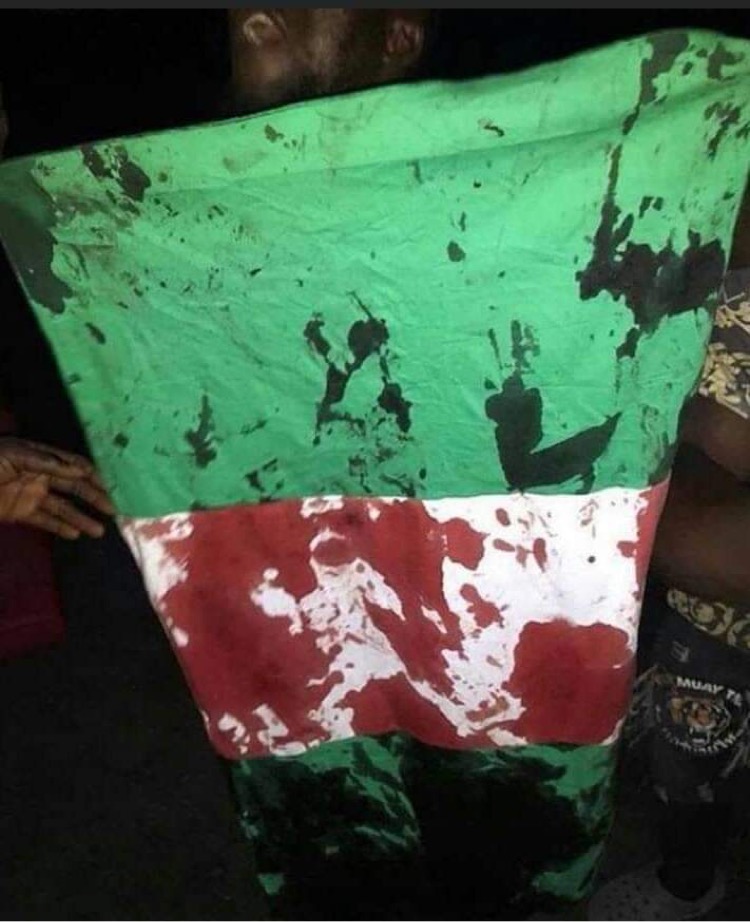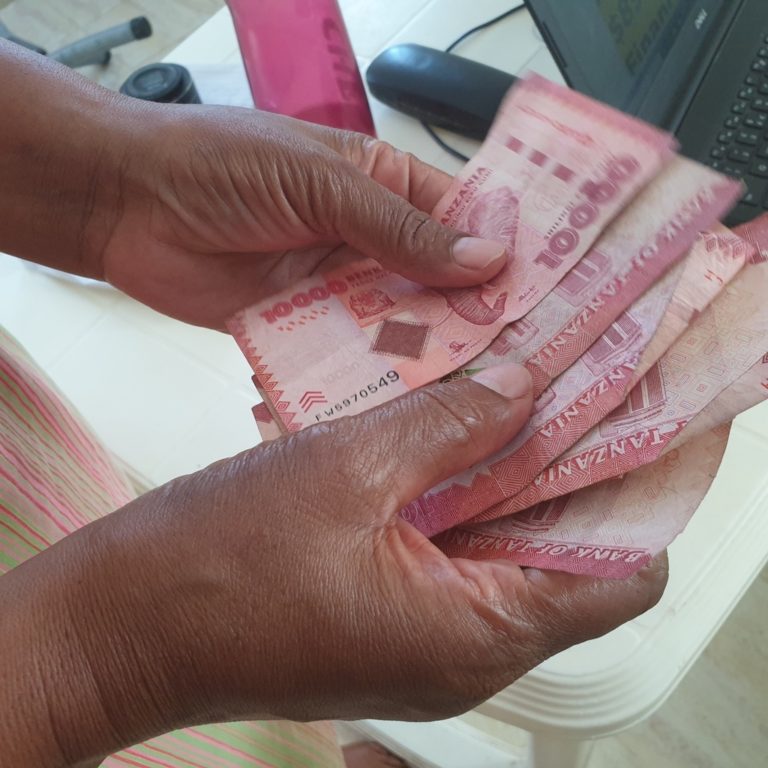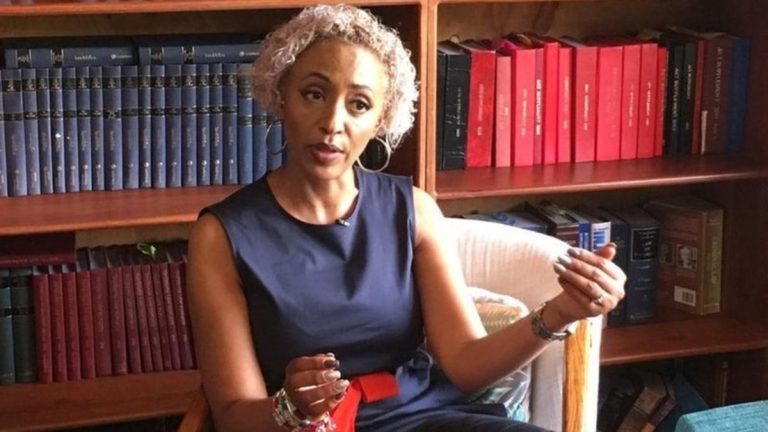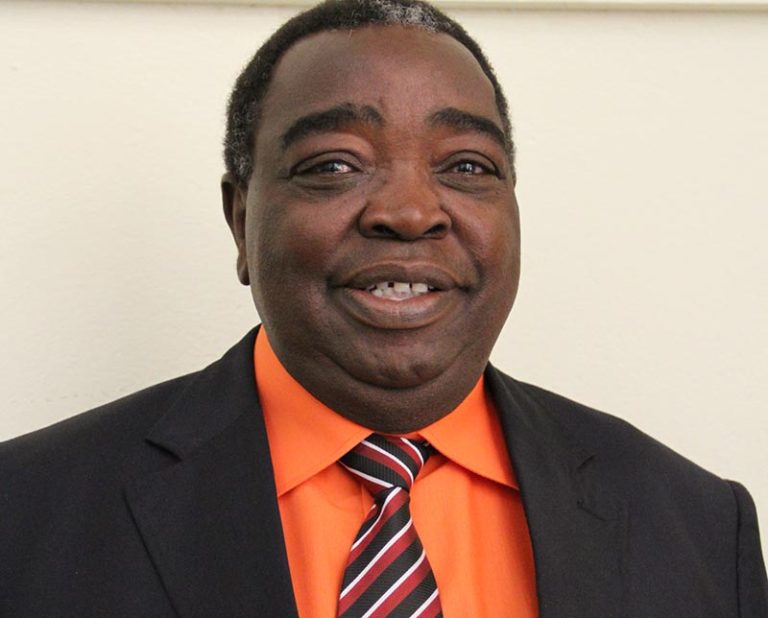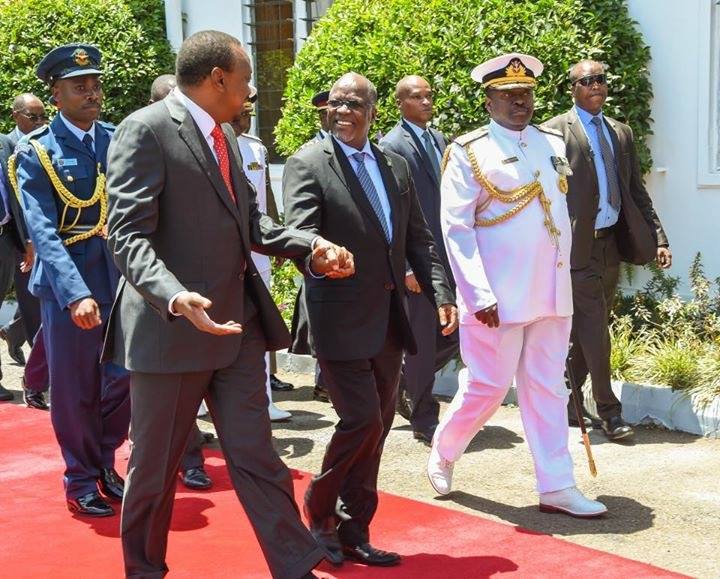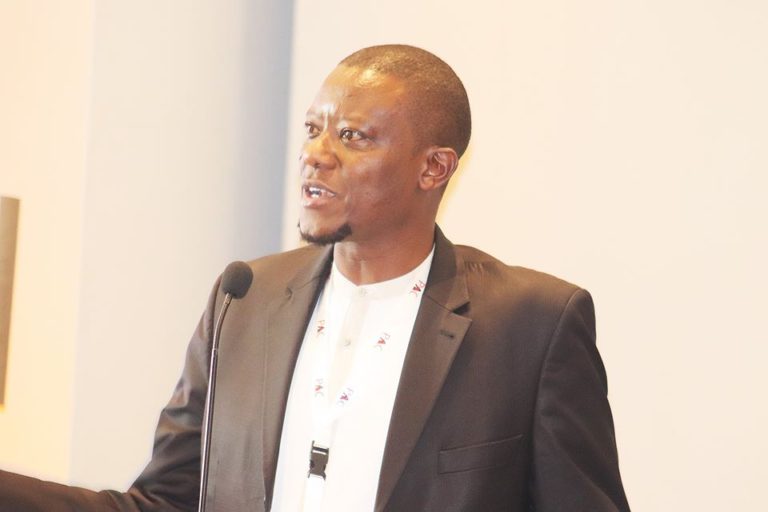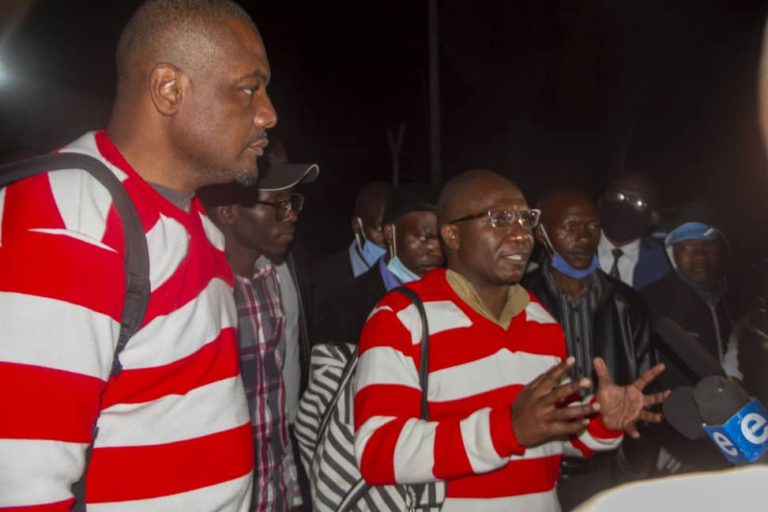Nigerian security forces opened fire late Tuesday on hundreds of demonstrators who had gathered in the country’s commercial center of Lagos, killing an unspecified number of people and leaving many injured.
Witnesses said soldiers fired live rounds under the cover of darkness at the Lekki toll gate, an upscale area of the city, just hours after the Lagos authorities imposed a 24-hour curfew to try to douse tension following two weeks of demonstrations demanding extensive police reforms.
A popular disc jockey, DJ Switch, who live-streamed the attack on Instagram, said seven people died. Some reports said more people died in the attack that has trended on social media as #LekkiMassacre and #LekkiGenocide.
“For 12 days, our young kept peacefully and intelligently asking @MBuhari
to #EndSARS. The best response he could give was ask the @HQNigerianArmy
to kill as many of them as possible in #LekkiGenocide,” former education minister and World Bank executive, Oby Ezekwesili, wrote on Twitter Tuesday night.
Governor Babajide Sanwo-Olu of Lagos promised an investigation and blamed the attack on “forces beyond my direct control”, an indication the directive for the raid came from the federal government, which controls the police and the military.
“For clarity, it is imperative to explain that no sitting governor controls the rules of engagement of the military. I have, nonetheless, ordered an investigation into the rules of engagement adopted by men of the Nigerian Army that were deployed to the Lekki toll gate last night,” the governor said.
“This is with a view to take this up with higher commands of the Nigerian Army and to seek the intervention of Mr. President in his capacity as the Commander-In-Chief to unravel the sequence of events that happened yesterday (Tuesday) night.”
Videos and pictures posted online show horrified protesters fleeing as soldiers fired live bullets towards the crowds. One footage showed victims trying to remove shrapnel from injured protesters.
The attack followed weeks of rare mass protests in a country that has endured two decades of democratic governance following decades of military dictatorship.
President Muhammadu Buhari came to power in 2015 and won re-election in 2019 on the promise to fight insecurity and corruption, but many citizens say the president has become aloof to the demands of citizens who voted for him. Mr. Buhari is yet to address the nation since the protests began.
The demonstrations started with demands for the disbandment of a notorious police unit, Special Anti-Robbery Squad, or SARS, accused of rampant abuse of human rights, extortion, and unlawful killings. The government acceded after days of protests and named a new tactical unit, SWAT, modeled after the United States’ special weapons and tactics squad.
The mostly young protesters, however, have insisted on wider reforms, and more tangible actions such as the prosecution of police operatives who violated the rights of citizens and have demanded the payment of compensation to victims. They argue that previous promises by governments to reform the police were never actualized.
The demonstrations have taken place in several cities across the country, but have taken hold in Lagos and the capital, Abuja, and at least 12 people were killed either by the police or pro-government thugs before the Tuesday attack, local media reported.
The Nigerian army had last week warned it was ready to step in against “subversive elements and troublemakers”, and vowed to defend the country’s democracy “at all cost”. On Saturday, the army announced the launch of “operation crocodile smile” nationwide, saying it was targeting criminals. But the move raised concerns the government was planning to clamp down on the protests.
After curfew was announced in Lagos and several other cities across the country on Tuesday, protesters reported seeing unknown people removing CCTV cameras from the Lekki area where protesters had camped for the last two weeks. They said as night fell, street light in the area was cut before soldiers arrived and started shooting.

The killings on Tuesday have horrified the country and drawn international condemnations.
Joe Biden, the U.S. Democratic presidential candidate, urged “President Buhari and the Nigerian military to cease the violent crackdown on protesters in Nigeria, which has already resulted in several deaths.”
Biden said the U.S. must stand with Nigerians “who are peacefully demonstrating for police reform and seeking an end to corruption in their democracy.”
Former U.S. secretary of state, Hilary Clinton, called on Mr. Buhari and the army to stop attacking protesters.
The United Nations Deputy Secretary-General, Amina Mohammed, reiterated the UN’s call for maximum restraint in security forces’ response to the #EndSARS protests in Nigeria.
“The UN and I are following the protests in Nigeria calling for an end to human rights violations.
“I join the UN Secretary-General in stressing the importance of respect for peaceful protests and freedom of assembly, and call on the security forces to exercise maximum restraint,” she said on Twitter on Tuesday night.
The military has not commented on the incident, beyond tagging news posts on Twitter of the attacks as “fake news”.
Chaos escalated across Lagos on Wednesday with several properties belonging to the government or prominent individuals looted or torched. The palace of the traditional ruler, the Oba of Lagos, seen as a pro-government figure, was vandalized. A facility of the Nigerian Ports Authority and the Federal Road Safety Corps were also set on fire.
In response, the government deployed police and the military to patrol the streets, largely deserted by residents. Flights into and out of Lagos have been canceled.

